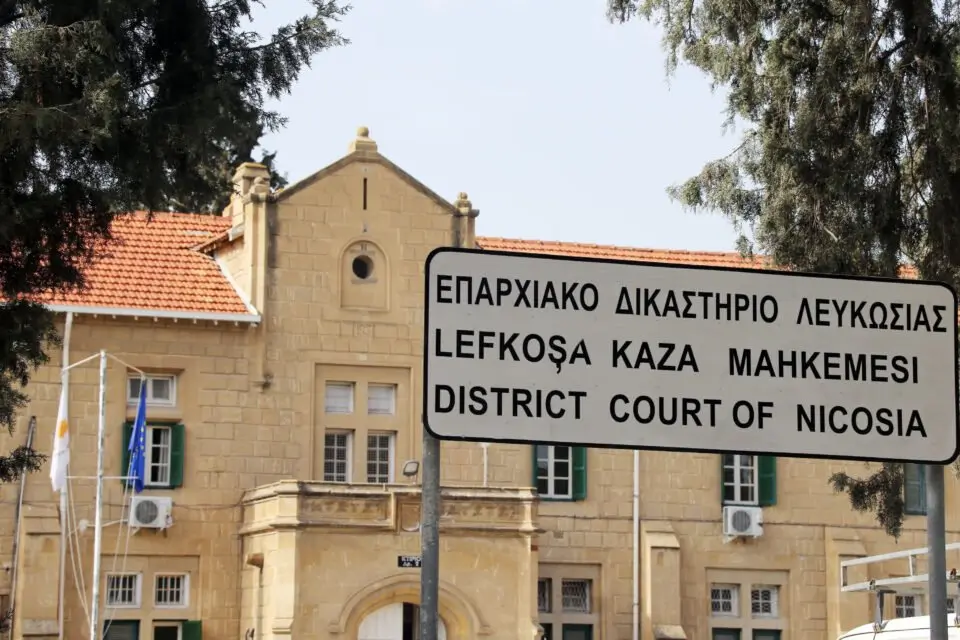Neither the legal service nor the police were found to have leaked information to local and foreign media in connection with a criminal case brought against a leading property developer in 2014, the Nicosia district court ruled on Friday.
The ruling has been almost ten years in the works.
Prominent developer Theodoros Aristodemou and his wife, charged in connection with a suspicious land zoning case in Paphos in 2014, sued the state in 2015 for €10 million plus punitive damages, claiming their constitutional right to a fair trial and their human rights had been violated by information leaked to the mass media.
The couple claimed that the authorities “systematically and selectively” leaked confidential and sensitive information concerning the case in an unfair manner that suggested an ulterior motive.
Aristodemou, his wife and head of design Roulla, draftsman Christos Solomonides, and former municipal employee Savvas Savva were on trial in connection with a suspected land-demarcation fraud case in Skali. They were acquitted in 2015 at trial but this was followed by an appeal against the decision of the court of first instance by the attorney-general’s office.
The appeal fell flat, with the Supreme Court upholding the acquittal in 2019.
The Aristo case came to light early in 2014 after it emerged that the approved plans regarding the demarcation of 177 plots in the Skali area were switched with new plans, which seemed to cede approximately 3,000 square metres, worth hundreds of thousands of euros, previously designated as green space, back to Aristo.
The Supreme Court ruled that despite “certain irregularities” in the paperwork and the manner it was compiled, there was no deliberate intent on the part of the accused to secure a town planning permit under false pretences or to conceal the true dimensions of the green area within the land in question.
In the case concerning the alleged leaks, the Nicosia court on Friday rejected the position of the plaintiffs. In its decision it ruled that the case was not only in the public spotlight from day one, but it was of such a prominent nature that it was a matter of public interest. The attorney-general’s office had argued that the judicial process in this case was open and seen by masses of listeners and media representatives.
The Nicosia court said: “It appears that in the case under discussion, the supremacy of the right to information and the freedom of the press could be considered justified.”
The court also noted that both Cypriot jurisprudence and the jurisprudence of the European Court of Human Rights “do not hesitate, in the context of a balanced application of the principles governing a democratic society and always respecting the principle of proportionality, to limit various rights, among them the right to reputation of a person, in favour of the right of freedom of expression”.
The right of freedom of the press, in appropriate cases, especially when it comes to matters of public interest, “no matter how harsh, strict or even offensive the content of the publications may be, it overrides the right to protect the person’s reputation”, the court said.
“However,” it added, “unlimited freedom of expression is certainly not a given, even in relation to press coverage of matters of serious public interest. Exceptions, as in this case must be narrowly defined, convincingly substantiated, and used sparingly.
The court awarded costs in favour of the Republic.







Click here to change your cookie preferences